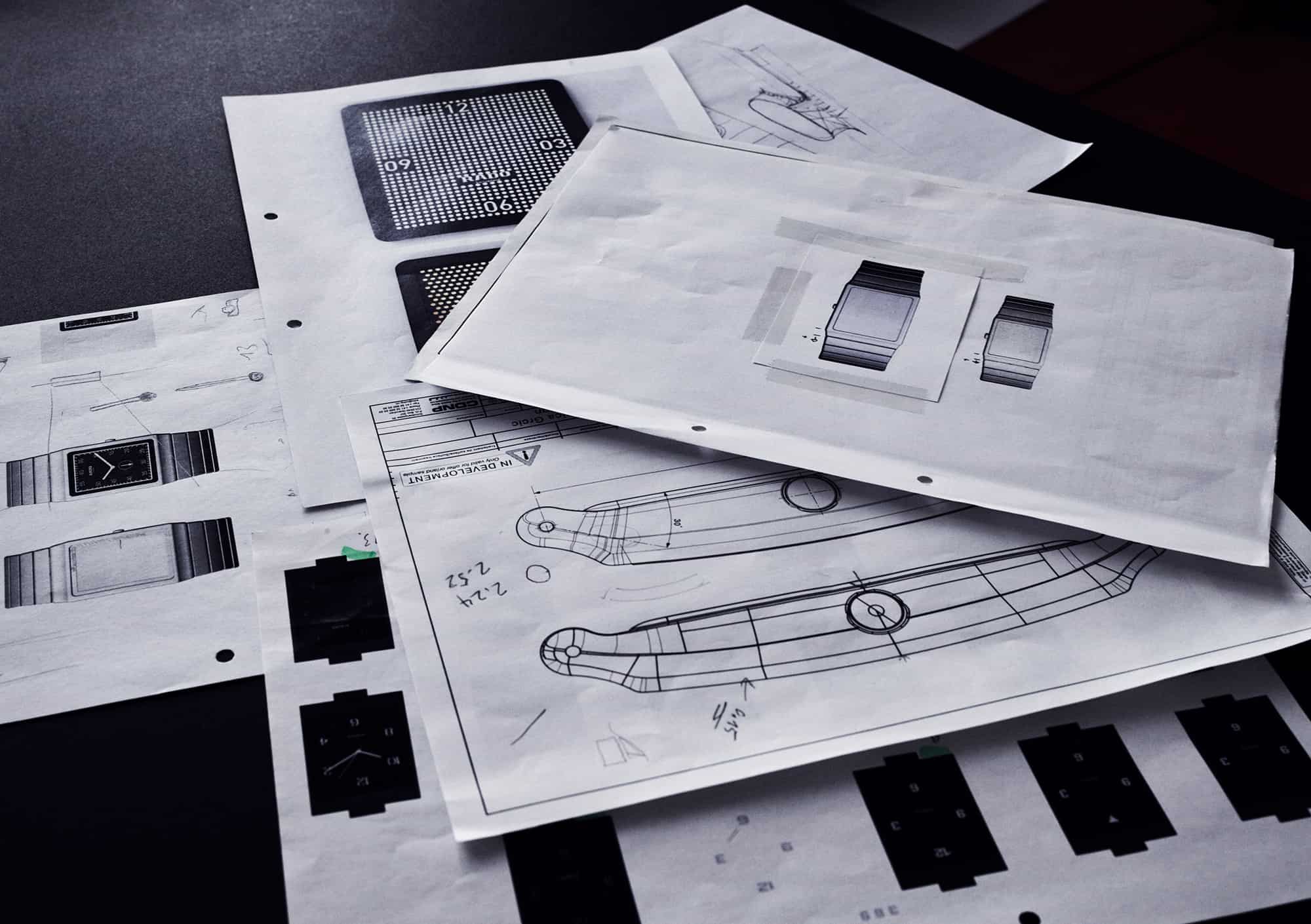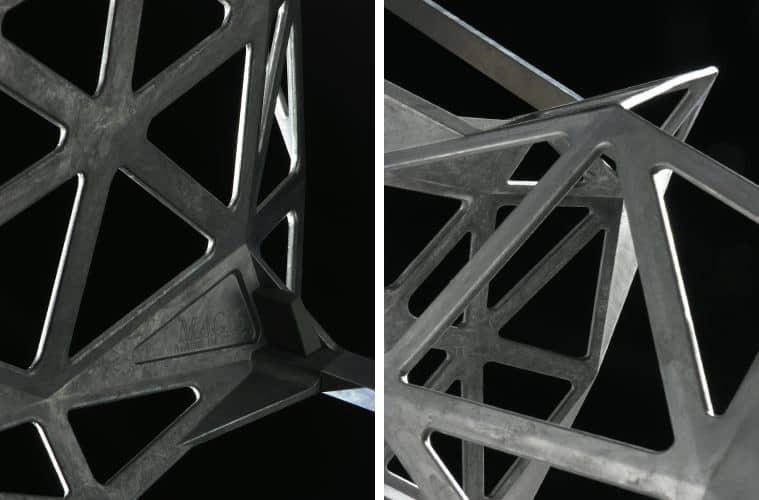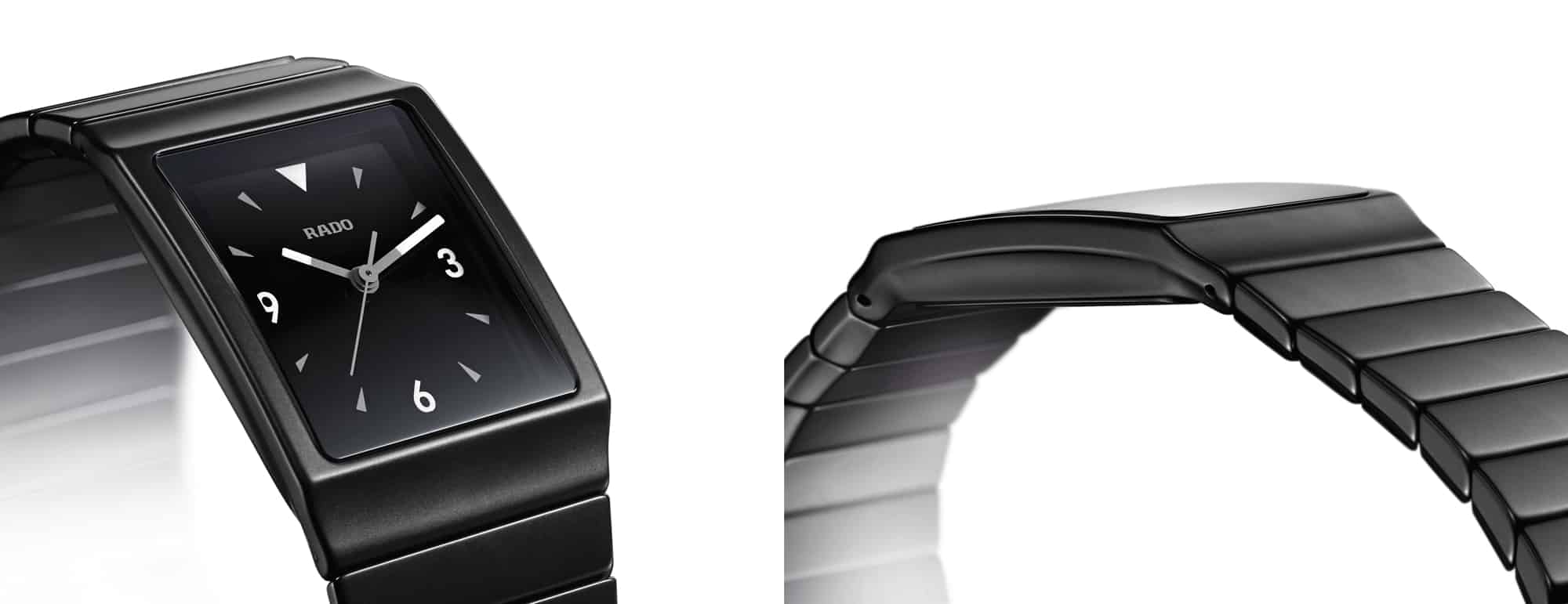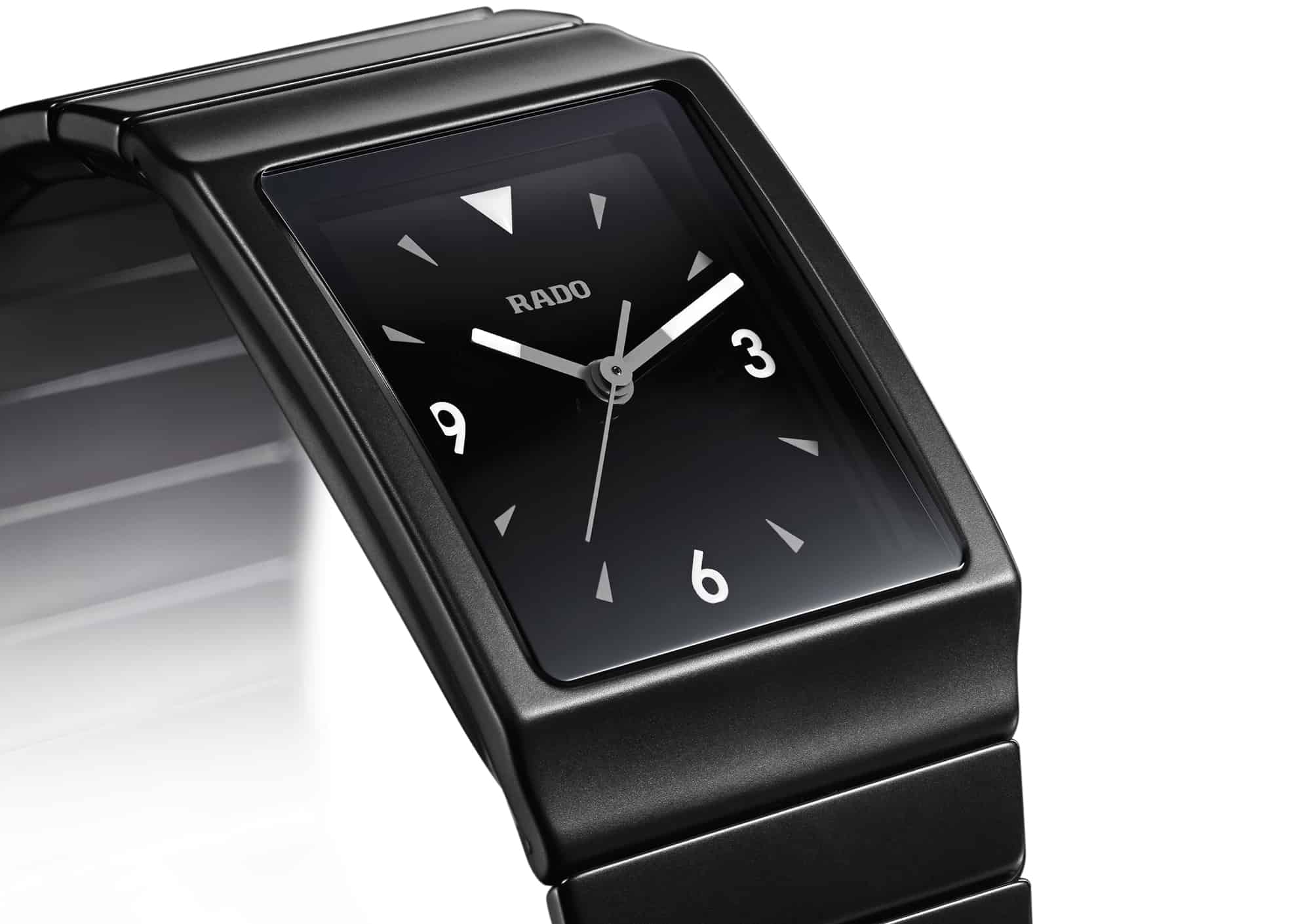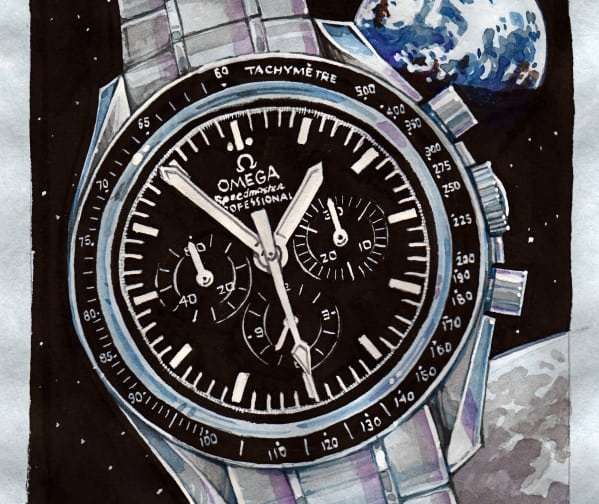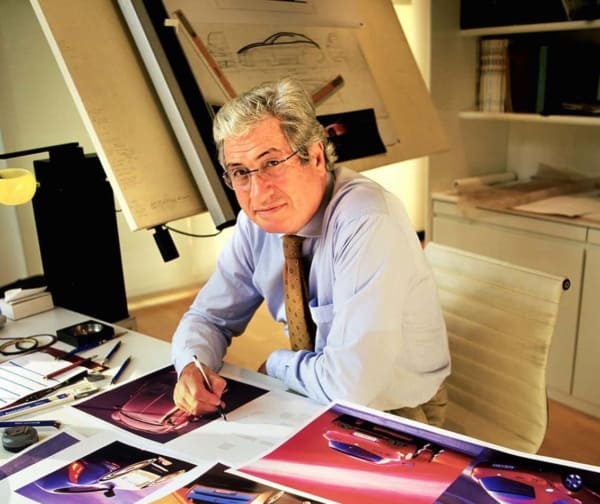One of the most difficult distinctions to understand is the the fine line between simplification and minimalism. Minimalism, over the past few decades, has become a catch-all term for any number of pared-down designs and aesthetics. But it’s certainly possible to simplify the look and production of an item without creating something classically minimalist. Some of the best examples of this are the brilliant works of the German designer, Konstantin Grcic.
Grcic is known for his clean, elemental look, but his approach is as much rooted in the production of an object as it is for the look of the object itself—a major departure from most minimalist thinking. Whether he’s designing furniture, lighting, or the stunning new Ceramica for Rado, the manufacturing process is as interesting as the finished product.
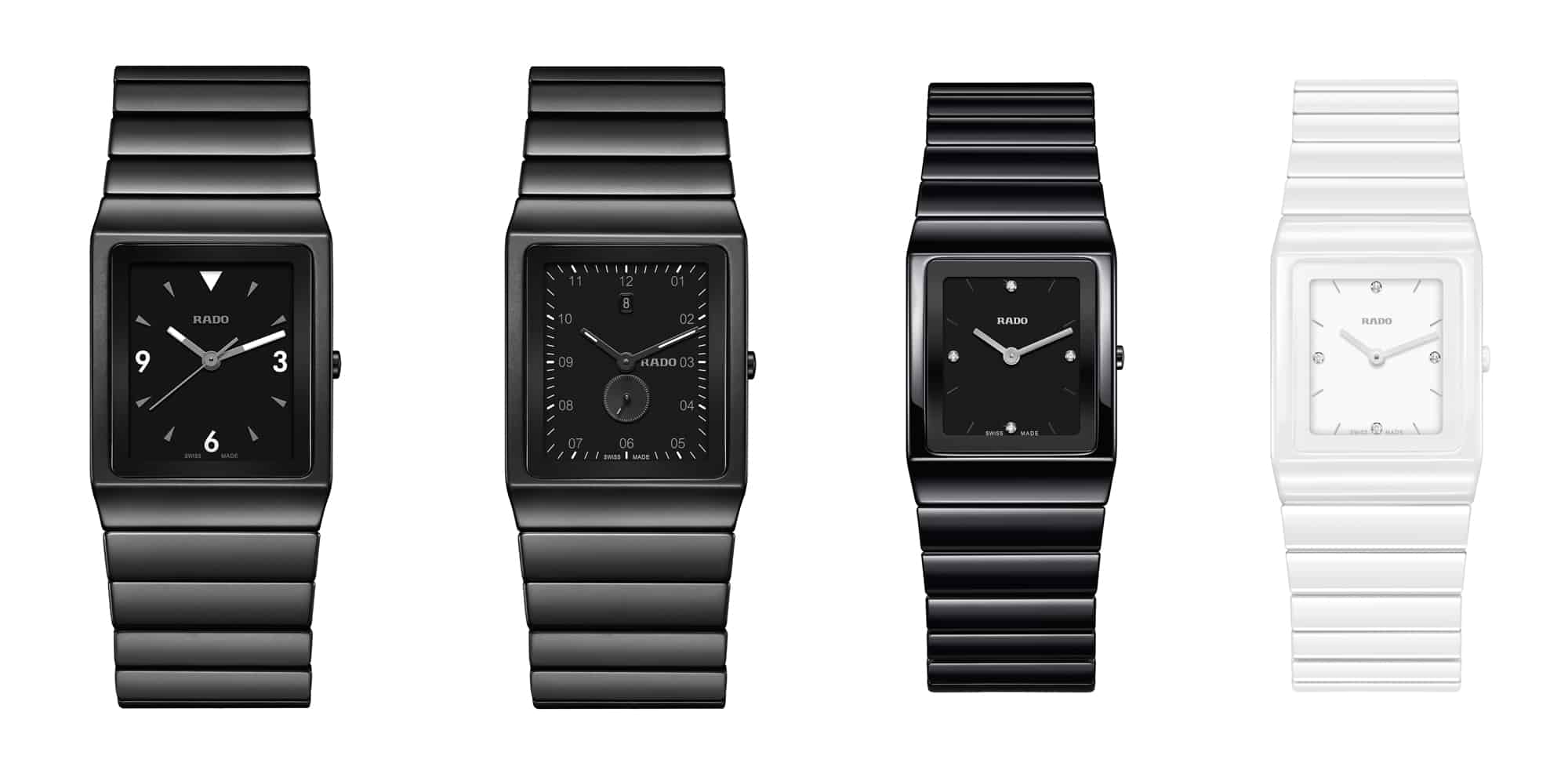
Born in Munich in 1965, Konstantin Grcic was fascinated by how things were made from childhood. At the age of 20 he moved to Britain to delve into handcrafting as a cabinet making student at the John Makepeace School in Dorset. While there, he acquired a taste for industrial design, and upon completing his studies he enrolled in a Master’s design program at the Royal College of Art in London.
“The intelligent and economical use of material forms an important part of my understanding of good design.” – Konstantin Grcic
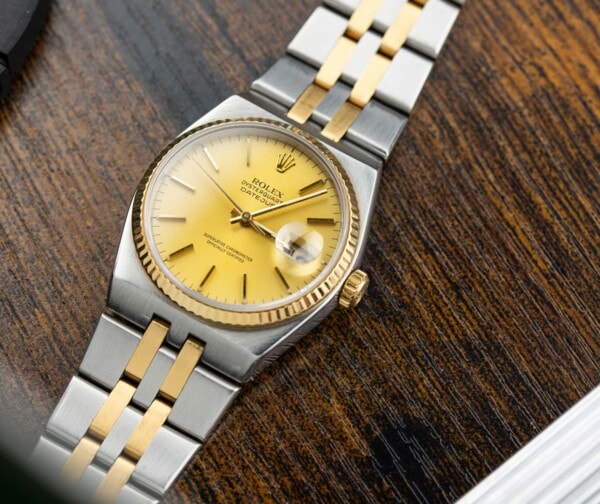








 Featured Videos
Featured Videos




